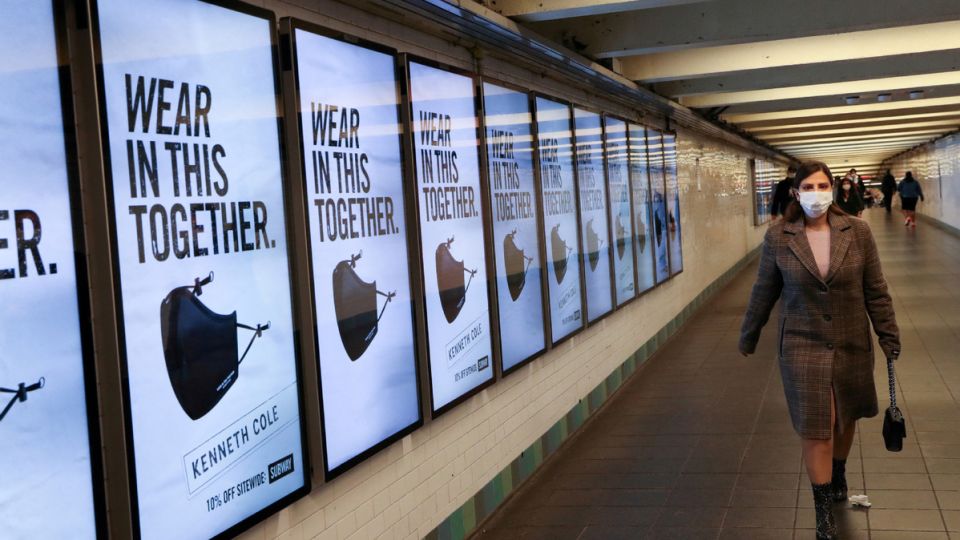October 19, 2022
BEIJING – A study of more than 100,000 people found that of those who were sick with COVID-19 between six and 18 months, 6 percent of them had not fully recovered.
The “COVID in Scotland Study”, is based on responses and collected data on 26 coronavirus-related symptoms. It also found that 42 percent of the people in the study reported only partial recovery during the monitored period.
Among other findings, between six and 18 months following symptomatic COVID-19 infection, 13 percent of the people reported improvement over time and 11 percent reported deterioration.
Slow recovery was associated with factors including severe infection, old age, poor economic circumstances, preexisting respiratory disease, and depression. Women also appeared to have been disproportionately affected.
The good news is that pre-infection vaccination was associated with a reduced risk of persistent symptoms and people with the asymptomatic infection are unlikely to develop long COVID.
The study concluded that a wide range of persistent symptoms impaired daily activities and reduced quality of life, especially with symptoms of breathlessness, chest pain and palpitations, and confusion.
According to the US Government Accountability Office, between 7.7 million and 23 million US people have developed long COVID. More than 1 million people in the country have died as a result of COVID-19, and another 1 million people have been pushed out of the workforce by debilitating symptoms such as fatigue, cognitive impairment or “brain fog”, sleep difficulties, and mood changes.
Jill Pell, a professor of public health at the University of Glasgow who led the research in Scotland, told The Washington Post: “There are lots of different impacts going beyond health to quality of life, employment, schooling and the ability to look after yourself.”
In an article on long COVID published in The Guardian, World Health Organization Director-General Tedros Adhanom Ghebreyesus said it is devastating the lives and livelihoods of tens of millions of people and “the impact of long COVID for all countries is very serious and needs immediate and sustained action equivalent to its scale”.
According to the WHO, COVID-19 has killed almost 6.5 million people and infected more than 600 million worldwide. It estimates that up to 120 million survivors have fallen into the long COVID subgroup.
Ghebreyesus also pointed out that most COVID-19 data is from developed countries, and the impact on low-income countries is unclear.


